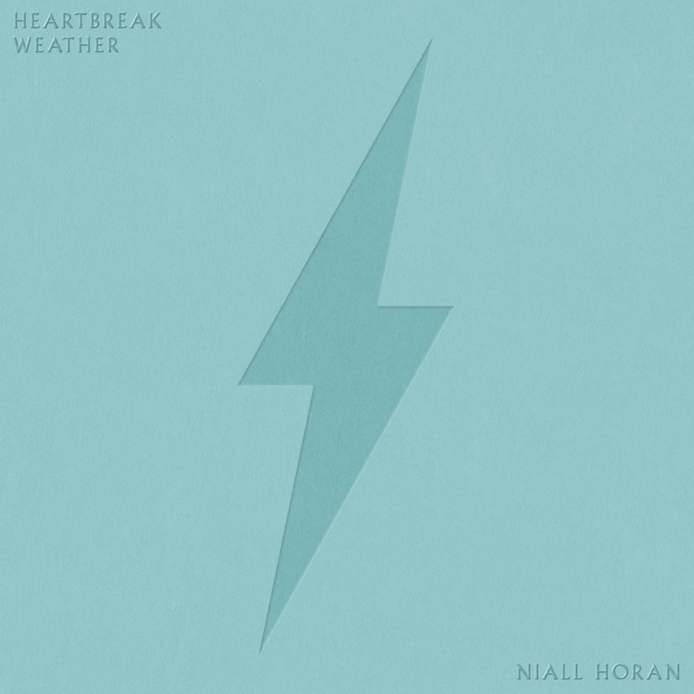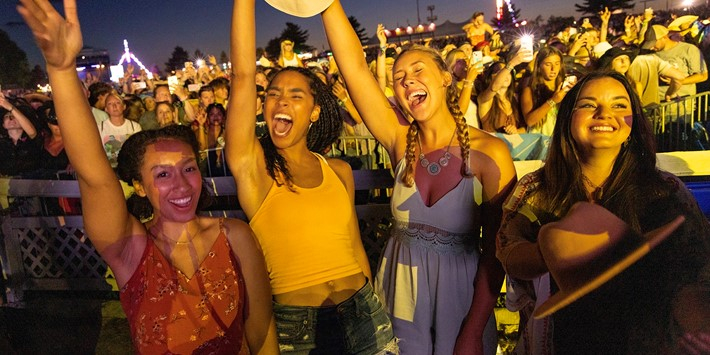Khatia Buniatishvili Releases Her First-Ever Mozart AlbumOut Now
Includes Piano Concerto Nos. 20 And 23 With The Academy Of St. Martin In The Fields

New Releases category interest
After a string of releases on Sony Classical that have redefined the parameters of the classical recital album, acclaimed French-Georgian pianist Khatia Buniatishvili unveils her tenth studio album, Mozart, via Sony Classical. This marks her first-ever album dedicated to the composer, featuring two of his most sublime late piano concertos — Nos. 20 and 23 — joined by the iconic orchestra Academy of St Martin in the Fields.
Also featured on the album is Mozart’s beloved “Sonata facile” or ”little sonata for beginners” in the pure and radiant C major — a deceptively simple piece that reflects the composer’s genius for blending elegance with playfulness. See the full tracklisting below.
Share / Listen to Mozart HERE
Mozart’s music, says Buniatishvili, carries “a simplicity that makes you lost before finding yourself.”
Further reflecting on her connection with Mozart, Khatia shares, “Once our piano teacher told my sister: ‘Mozart’s music is smiley but there is always a hidden sadness in that smile. Like in your eyes.’ I was probably eight then. The eyes of my sister, the voice of the teacher whispering the secrets of music, the stillness of the room, Mozart’s ‘smiley sadness’ – the picture that rescues me, lost in a search of golden edge of the perfection of simplicity. A simplicity that makes you lost before finding yourself. As simple as that.”
Buniatishvili recorded Mozart at London’s Air Studios with the famed Academy of St Martin in the Fields — an orchestra whose interpretations of Mozart’s operas, symphonies, and concertos under the direction of Sir Neville Marriner became timeless classics — known for their 13 Gold Disc-winning soundtrack to the iconic film Amadeus.
After strong statements in the music of Liszt, Schubert, Rachmaninoff, Chopin, Mussorgsky, and the folk music of her native Georgia, Buniatishvili is well placed to put her formidable pianism and fearless musical imagination in the service of Mozart’s singular combination of the human and the divine.
In Mozart’s Piano Concertos Nos. 20 and 23, the composer takes the genre of the concerto to new heights of sophistication and communicative power. The works come from the cherished crop of late piano concertos that are among the jewels of Mozart’s output and have long formed touchstone works for great pianists and recording artists.
Mozart wrote his first piano concerto at the age of 11 in 1767. But everything changed in 1781 when the composer moved to Vienna and encountered a discerning public eager to hear piano concertos of increasing scope and variation.
The composer’s Piano Concerto No. 20, dating from 1785, is not just the first he wrote in a minor key, it is the first to truly explore the properties that would make Mozart’s later concertos such masterpieces. This thrilling, changeable score forms the turning point in the composer’s project to reimagine the piano concerto as more than superficial entertainment; to engage audiences in serious reflection and ensnare them with stories of drama, conflict, joy, and loss. It is filled with the smoldering tensions of the composer’s iconic opera Don Giovanni, which launches with an imposing, troubled overture in the same key as the concerto, D minor.
The concerto’s key of D minor carries particular importance for the Georgian pianist. “D minor has always been my favorite in Mozart’s music,” Buniatishvili says, referring to the sophisticated way in which the composer hides the comic inside the tragedy in works including the opera Don Giovanni. “It is the unbearable heaviness of a pain transformed into a sigh of relief, which weirdly resembles happiness,” she says, drawing comparison with the late Milan Kundera’s novel The Unbearable Lightness of Being.
A year after his D minor concerto, in March 1786, Mozart wrote his Piano Concerto No. 23, a score filled with the spirit of another of the composer’s operatic masterpieces, Le nozze di Figaro, written at the same time. In this bold, spontaneous piece, the sense of conversation is deepened further still, with instruments, including the solo piano, appearing as characters with distinct personalities vying for attention. It contains a sublime slow movement in the “black pearl” key of F-sharp minor.
Buniatishvili will perform Mozart’s Piano Concertos Nos. 20 and 23 around the world in the coming season, including, in December 2024, as part of her residency at the Barbican Centre in London, where she will be joined by the Academy of St. Martin in the Fields. For more information, visit: https://www.khatiabuniatishvili.com/
Mozart Track Listing
I. Allegro
II. Romance
III. Allegro assai
I. Allegro
II. Adaigo
III. Allergro assai
I. Allegro
II. Andante
III. Rondo - Allegretto
More Photos
More from New Releases

New Releases
Honey Im Home Share Debut Single Wishful Thinking
'Wishful Thinking’ explores the longing to reconnect with people no longer in your life

New Releases
Kalsey Kulyk Unleashes ‘Country Magic’ on New Single “Neon Cowgirl”
Accompanied by Cover of “Cowboy Take Me Away” by The Chicks

New Releases
Taj Mahal And Keb’ Mo’ Bring Two Generations Of Electric Blues Excellence To New Single “Junkyard Dog”
First Collaborative Record In Eight Years, ‘Room On The Porch’ Out May 23 Via Concord Records

New Releases
Niall Horan’s Heartbreak Weather (5 Year Anniversary Edition) Set for March 28 Digital Release
Includes Eight Bonus Tracks

New Releases
Parker McCollum Announces Fifth Studio Album Parker McCollum During Sold-Out Show at RODEOHOUSTON
Parker McCollum – Out June 27

New Releases
The Yagas - Gogol Bordello Release Live Performance Video for Ukrainian Anthem “Chervona Ruta”
Performing at Bowery Ballroom in NYC Saturday, April 5th





 Newsletter Signup
Newsletter Signup